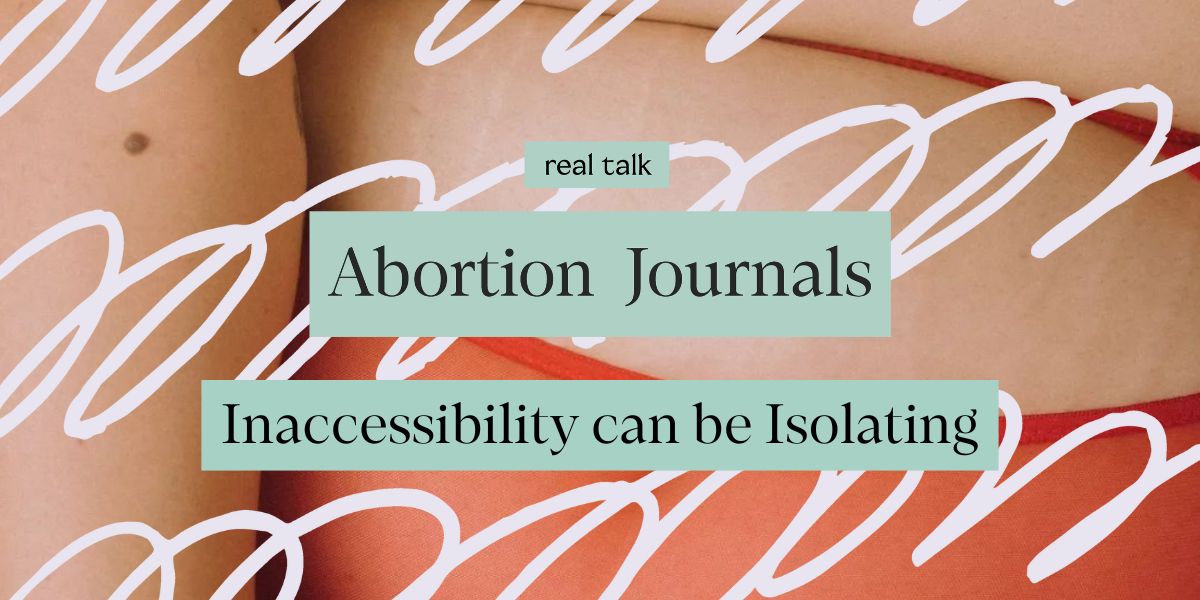Can you get pregnant with an IUD?

Intrauterine devices (IUDs), both hormonal and copper, are considered highly effective forms of birth control. Even so, you may wonder if you can get pregnant with an IUD. What do you do should pregnancy occur while you’re using an IUD? We’ll explore what an IUD is, how you may still get pregnant, and the risks of pregnancy while you have an IUD.
What’s an IUD, and who can use one?
The IUD is a small birth control device that your OB/GYN inserts into the uterine cavity to help prevent fertilization. To get into the uterine cavity, it goes through the cervix, leaving short strings that should be visibly coming out from your cervix. It is usually good practice to use a mirror, or sometimes your fingers to periodically check the strings of the IUD to make sure that the device is still in place.
Copper and hormonal IUDs are long-lasting, reversible, and have high efficacy. Depending on the specific type of IUD, expiration dates can range from 3 to 10 years. Although the IUD is an effective form of birth control to prevent pregnancy, it doesn’t protect you from STIs, so remember to use other forms of safe sex practices.pregnancy-ovulation-test-combo
There is no age requirement (minimum or maximum) for an IUD. People of varying ages have IUDs placed to prevent pregnancy and in some cases control abnormal bleeding. Once an IUD is placed, you will be given a card and information about when it needs to be removed. As with all forms of contraception, there are some risks.
Certain risk factors, such as a higher risk of STIs, risk of perforation, and slightly increased risk of ectopic pregnancy are important to consider when deciding if an IUD is right for you. While incredibly low, the risks are always important to consider. If you have questions about whether an IUD is right for you, chat with your primary care provider about your situation.
What are the chances of getting pregnant while using an IUD?
The chances of getting pregnant with an IUD are low. Less than 1% of people who get an IUD will get pregnant while they are using one. Reasons you might get pregnant, despite the IUD, include:
- The IUD moves out of place, slipping into the cervix, or falls out
- The IUD has expired
- The IUD hasn’t started to work yet (hormonal IUDs can take a week before starting to work)
Your bleeding patterns may alter when you use an IUD. Those using copper IUDs sometimes experience longer and heavier menstrual periods, irregular bleeding, and more painful cramps. These changes are usually temporary. Hormonal IUDs may initially cause similar symptoms for the first few months. After this, you might experience lighter, regular, and predictable bleeding. Or you could experience infrequent, light, or no menstrual bleeding. Ask your primary care provider to evaluate for underlying conditions if:
- You experience painful cramping both during and between menstrual periods after six months of IUD insertion
- You have irregular vaginal bleeding that continues or starts after six months of IUD use
Are signs of pregnancy different with an IUD?
Signs of pregnancy are similar for people who have an IUD and those who don’t. Typical pregnancy symptoms include: vaginal-wellness-combo
- Missed period(s)
- Sore or swollen breasts
- Nausea
- Needing to pee more frequently
- Unusual exhaustion
You might not have symptoms of an ectopic pregnancy right away. Its earliest signs include abnormal vaginal bleeding or pain in your abdomen, pelvis, or lower back. As your pregnancy progresses, you might experience symptoms of shock such as dizziness, feelings of faintness, fast breathing, or clammy skin.
What are the pregnancy risks if you have an IUD?
There are a few risks to a pregnancy that occurs with an IUD in place. Your risk of miscarriage, early birth, and infection might increase if the IUD isn’t removed shortly after finding out you’re pregnant. However, it’s not always possible to remove the IUD. If the fetus has grown too large, removing the IUD might harm you or the baby. Your pregnancy is more likely to be ectopic, not intrauterine. The overall risk of having an ectopic pregnancy doesn’t increase because you use an IUD, however. Health risks of ectopic pregnancies include ruptures or hemorrhage.
How do you promote a safer and healthier pregnancy?
If you think you might be pregnant, take a home pregnancy test. Contact your ob-gyn to explain your situation if this test result is positive. Your OB/GYN will confirm whether you’re pregnant and will check to see if your pregnancy is intrauterine or ectopic. Intrauterine pregnancy, when fetal development occurs in the uterus, is considered a normal pregnancy.vaginal-testing-combo If the egg implants outside of the uterus, the pregnancy is ectopic. Ectopic pregnancies are often in a fallopian tube, but they can also occur in your ovaries, abdomen, or cervix. If you can, have your IUD removed for pregnancy to reduce possible health risks. When this isn’t possible, your primary care provider will locate the IUD after delivery.
Whether your pregnancy occurs while using an IUD or not, pregnancy advice is similar. Tips for a safe and healthy pregnancy include:
- Get regular prenatal checkups
- Avoid smoking and drinking alcohol
- Eat plenty of fruits and vegetables, and stay hydrated
- Stay active
- Get enough sleep
- Ask questions (educate yourself and discuss concerns with your primary care provider)
If you get pregnant with an IUD, chat with your primary care provider about how to take care of your health and your baby’s health.
Keep Reading

Navigating birth control and sexual health in a larger body
Apr 23

In My Words: The power of shooting your shot
Apr 18

What's going on with the Arizona abortion ban from 1864?
Apr 11










